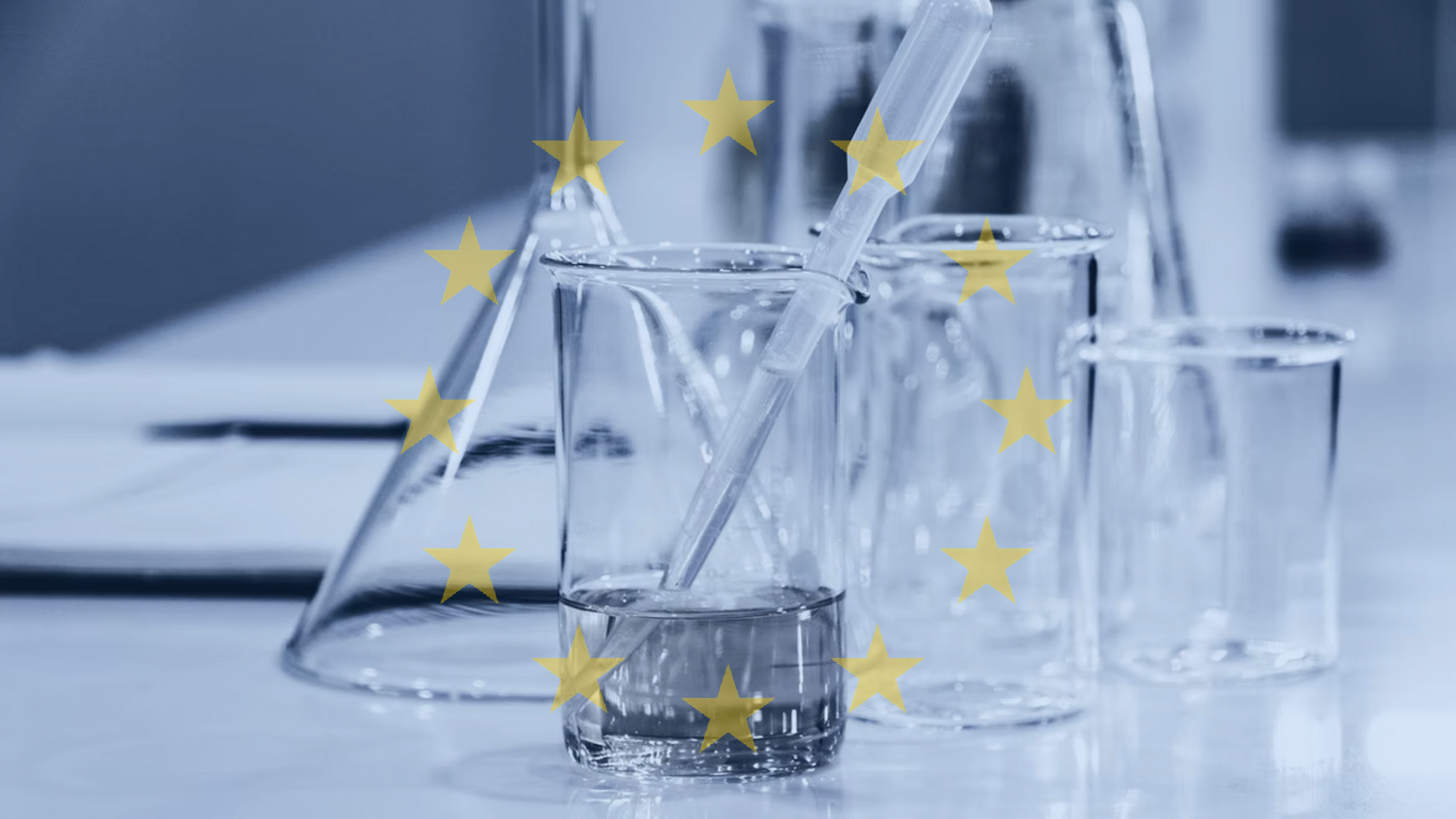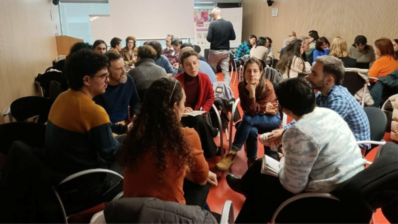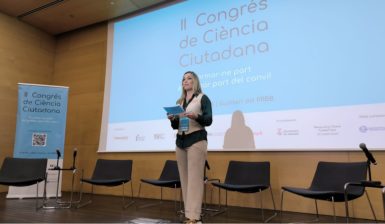On Friday 13 May, PRBB researchers have an appointment with European science.
In a workshop organised by the Barcelona Institute for Global Health (ISGlobal), scientific staff will have the opportunity to learn more about EU Missions, a new form of European Union funding that seeks to generate concrete solutions to society’s current major challenges.
The Missions cover five areas, with concrete targets to be met by 2030:
- Climate: having 100 carbon-neutral cities in Europe
- Adaptation: helping at least 150 European regions and communities to become climate resilient
- Cancer: improving the lives of more than 3 million people through prevention and treatment
- Water: restoring marine ecosystems, for example by reducing plastics by 50%
- Soil: establishing 100 living laboratories to lead the transition to healthy soils and reduce desertification, among others.
The first three EU missions are very relevant for ISGlobal, as well as for many people in the Barcelona Biomedical Research Park (PRBB) community. For this reason, Alberto Rocamora, ISGlobal’s public policy advisor, has organised this event together with the centre’s scientific coordination department and with funding from the Europe Networks and Europe Technology Centres programme. The aim is to explain the Missions and the opportunities they offer to the scientific community and to seek common spaces for collaboration between different Missions. “These are areas and objectives for which Horizon Europe calls will eventually come out, and I think it is important that the PRBB scientific community is aware of these opportunities. They can be a good incentive for scientists who are considering lines of research in this direction”, he explains.
The aim of the missions is to create a real and long-term impact, and the maximum number of stakeholders involved is needed.
Moreover, according to Rocamora, EU Missions also seek the collaboration of national governments and regional and local authorities, as well as civil society and the private sector. The aim is to create a real and long-term impact, and the maximum number of stakeholders is needed. Hence this coordinated effort by the European Commission to bring together all the necessary resources at the level of funding, policies and regulations.
The aim of the session “EU Missions and their implications for scientific research” next Friday is to try to see how civil society and academic and scientific institutions such as the PRBB centres can contribute to these goals.
Climate and Cancer
The event will start with Manuel Szapiro, Director of the European Commission Office in Barcelona, who will present and clarify doubts about the concept of the missions.
In the following talks, the 3 most relevant missions for the PRBB collective will be presented.
Julio Lembreras, coordinator of “The Day After” (the group of 10 Spanish cities that are part of the Climate Mission), and Ramón Canal Oliveras, Director of the Technical Programming Office of Barcelona City Council, will talk about their role in this mission, as Barcelona has been one of the 100 cities selected for the commitment to become carbon neutral in 8 years, among the 377 submitted.
Barcelona has been one of the 100 cities selected, among 377 submitted, for the commitment to become carbon neutral in 8 years.
Lydia González, the Spanish national contact for the Mission Adaptation, will then explain the commission’s approach to this mission.
Finally, Alex Piris, scientific coordinator of the Vall d’Hebron Oncology Institute, will present the opportunities and roles of the scientific community in Mission Cancer.
“I believe that the EU Missions can be very relevant as they represent a substantive change in the European Commission’s approach to scientific promotion“, concludes Rocamora.







